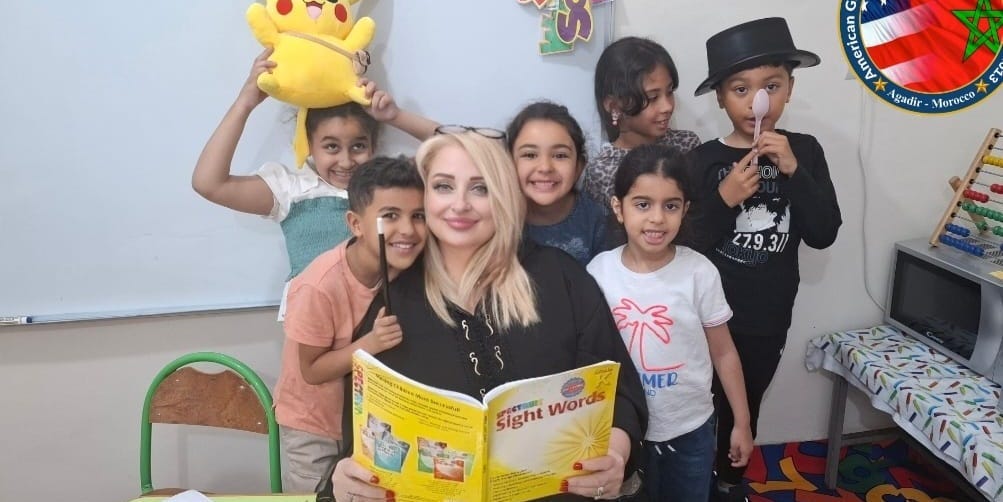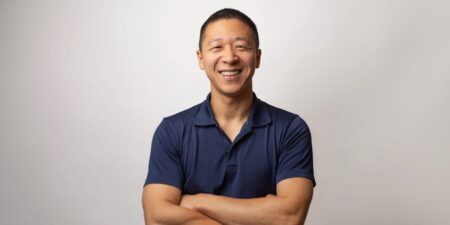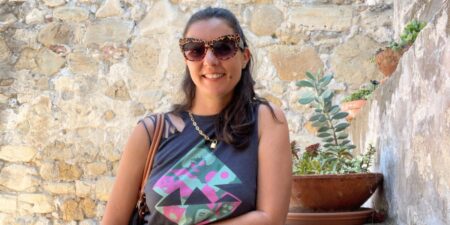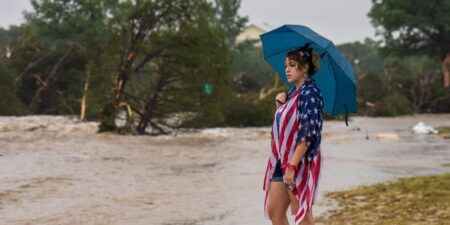Julie Wilburn, 53, never anticipated that, over a decade after moving from Maryland to Morocco, she would be running her own school.
That’s now her reality.
“I started with four kids out of my own house, and then I just started building a little school, and now it’s been 13 years and I have this school that now has 60 to 65 students,” Wilburn told Business Insider.
Wilburn said she worked at small religious schools in Maryland, and when she met her husband, who is from Morocco, she decided she wanted a change.
They moved to Morocco, and Wilburn found a teaching job. When the school shut down, she decided to start her own microschool, a model that typically has fewer than 20 students and focuses on personalized learning.
American Group International, Wilburn’s school in Agadir, teaches students from kindergarten through 12th grade, and they come from diverse backgrounds, including the United Kingdom, Spain, and France.
“A lot of people are moving out of the first-world countries, and actually, the quality of life is better here,” Wilburn said, adding that one thing she likes about Morocco is the availability of fresh food.
Plus, the couple thought the US was getting too expensive. She referred to her electric bill: she said that in America, she was paying around $400 a month for electricity, and her bill in Morocco is just $25.
Wilburn is one of many Americans who have left the US in search of a cheaper and better life. Her current role as a school leader is also representative of a growing movement in the US in which parents are seeking out alternative forms of education, like microschools, to best suit their children’s needs.
While her school is now larger than the typical microschool, Wilburn said the structure has been instrumental to helping students in the region succeed.
“Our school’s like family. They go home with their classmates, they have birthday parties together,” Wilburn said. “It makes our school different than the bigger schools.”
‘Born out of a need’
BI previously spoke to microschool leaders and advocates in the US who vouched for the alternative learning style. Critics, on the other hand, worry that minimal regulation over microschools could diminish their accountability.
Mary Jo Fairhead, who runs a microschool in South Dakota, said that after working in a traditional public school for years, she saw a growing shift among parents who wanted more personalized educations for their kids, especially coming out of the pandemic.
“If a child’s struggling and they need something more personalized, we find it for them,” Fairhead said. “Or if they’re excelling and they need something that’s going to challenge them more, we find that for them.”
Wilburn saw that same need for a different style of education in Morocco.
“Our school was born out of a need: a need for inclusive education, small class sizes, and alternative pathways for students with diverse learning profiles, special needs, or families seeking a more holistic, flexible, and international approach to learning,” she said.
Wilburn obtained accreditation certificates for her school from two US-based agencies, and she said she is working to get regional accreditation to help expand her learning initiatives to other cities. She also partners with programs in the UK to provide English examinations and teacher training exams.
While educational standards and regulations differ by region, some education analysts have expressed concerns with minimal oversight over microschooling in the US. Paige Shoemaker DeMio, a senior analyst for K-12 education policy at the left-leaning Center for American Progress, previously told BI that most states do not have legal definitions for what constitutes a microschool, paving the way for potential misuse of funds and inability to track students’ progress.
Ensuring success after students graduate is a priority, Wilburn said. Her school’s curriculum includes bilingual English and Arabic instruction, and if her students want to go to college, she helps find them scholarships and placements.
“I had one boy, he came back here from Saudi Arabia. I took whatever he could give me to help him get through school,” Wilburn said. “And now this year he graduated with a British diploma with his BA, and he’s going to go back to Saudi Arabia and work with his friend to help them run a school there.”
Have you moved from the US to a location abroad? How have you found the different education systems? Share your thoughts with this reporter at [email protected].
Read the full article here
















